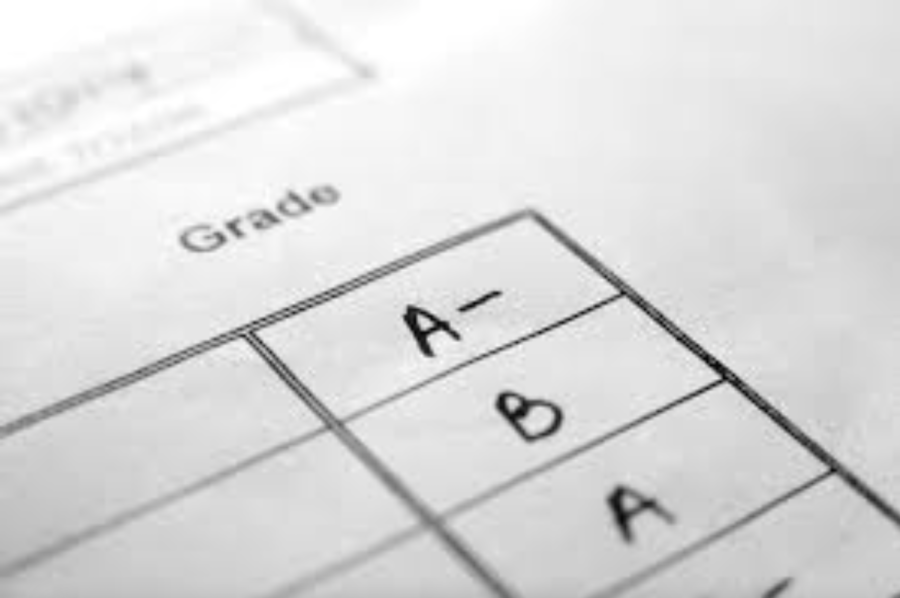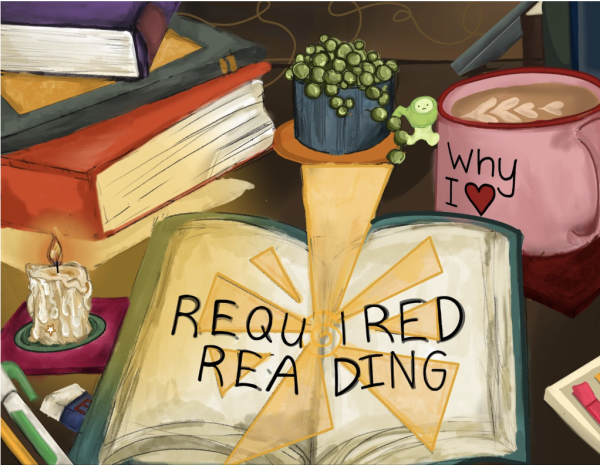Opinion: Schools Want to Emphasize Learning Over Grades. That’s Why We Need an Open Grade Book.
Learning is more important than grades.
Teachers like to remind students that they should emphasize their learning and progress instead of focusing on a letter grade on their report cards. While most students, in theory, can agree that learning outweighs grades, the pressure to achieve high grades tends to downgrade learning to a secondary concern. And anyone who thinks otherwise is fooling themselves—grades matter. I don’t have to like it to accept the fact that this is how school works.
An open gradebook policy can help fix this.
Students are already nervous about their grades, striving for perfectionism, and comparing their academic performance to others. They want to do well. An open gradebook will help students understand their progress and areas for growth and easily measure their learning and growth.
An open gradebook is much more than a list of letter grades. It not only allows students to see how a particular assignment or test impacts their grades, but it also gives students the chance to see their areas for improvement—as well as their progress.
Administration and teachers need to stop treating grades as if they don’t matter. They do. But, what they can do is use an open gradebook to not only communicate a student’s grades but also convey what progress they are or aren’t making throughout the year.
When teachers essentially hide students’ grades behind a closed gradebook, they actually over-emphasize grades. Shrouded in a veil of mystery, grades are mysteriously calculated and assigned—objectively or subjectively. It’s like a parent who does not permit their child to have candy. When a child is deprived of candy, they inevitably want candy more than they initially craved.
In other words, not having something, whether it be candy or clarity around learning, increases the obsession over said thing. It’s true that in many cases this kind of obsession creates anxiety and exacerbates a hyper-focus on perfectionism. According to The National Association of Independent Schools, an open gradebook can be linked to students striving for perfectionism: “Over time, the joy of learning diminishes as they focus narrowly on the numbers and improving the numbers. We are concerned that an open platform will drive students’ focus further toward numbers.
This is a legitimate concern. Though students may be hesitant to admit it, we already “focus narrowly on the numbers and improving the numbers.” I recognize that fixating on grades draws students’ attention from actually learning, and that’s why an open gradebook should have a place in schools. Transparency around student progress and achievement, through an open gradebook, might not emphasize learning, it will certainly de-fang the anxiety around grades and help students understand their progress, offering a transparent view into student progress within the context of learning.
Some teachers will argue that grades alone do not provide a context or full narrative of learning and that that can only happen in a discussion between the teacher and student. In the first year of high school, I have had to adapt to my teachers’ different methods of grading and reporting. Some of my teachers do not assign grades on an assignment. I might never see a grade until it’s archived in a formal report card. Some of my teachers evade my straightforward inquiry about my current grade to date. Some of my teachers are very open about my grade in their classes and will even provide a percentage detail. Though I understand that each teacher is entitled to their own way of teaching, Westridge needs to draw a line between different grading methods and reporting those grades.
Currently, Westridge’s closed gradebook, though well-intended, accomplishes nothing. It neither de-emphasizes grades nor prioritizes learning. Choosing to have a closed gradebook while still assigning final grades on report cards is contradictory. If Westridge believes that an open gradebook policy draws too much attention to the matter of grades, then what they’re really suggesting is that grades as a whole are deleterious to learning and student well-being. On the other hand, a school that does not provide grades or an open gradebook policy is at least consistent in practice.
An open gradebook policy would force Westridge to pick a side between grades or no grades. When Westridge attempts to take a neutral, middle-of-the-road stance, it’s the students who suffer.
I’m not here to argue for or against grades (although there is an argument to be made on both sides). The point is that students need helpful feedback and guidance around what steps they need to take to improve. Most teachers already do that. I’ll admit that that kind of feedback is not necessarily inherent within a grade.
However, until schools come up with a better system that conveys to students how they are performing in a class, grades are and will continue to be the best option to report on learning and achievement. So why would educators hide that? Westridge reports students’ grades; so should teachers.
For further reading, Spyglass suggests the following:
Westridge’s Pursuit of Deeper Learning Evidenced in Its Commitment to a Closed Gradebook

Sophene is a senior and in her sixth year on Spyglass. In her free time, she enjoys baking, spending time with family, and watching Gilmore Girls and Friends.




























![Dr. Zanita Kelly, Director of Lower and Middle School, pictured above, and the rest of Westridge Administration were instrumental to providing Westridge faculty and staff the support they needed after the Eaton fire. "[Teachers] are part of the community," said Dr. Kelly. "Just like our families and students."](https://westridgespyglass.org/wp-content/uploads/2025/03/dr.-kellyyy-1-e1748143600809.png)



























